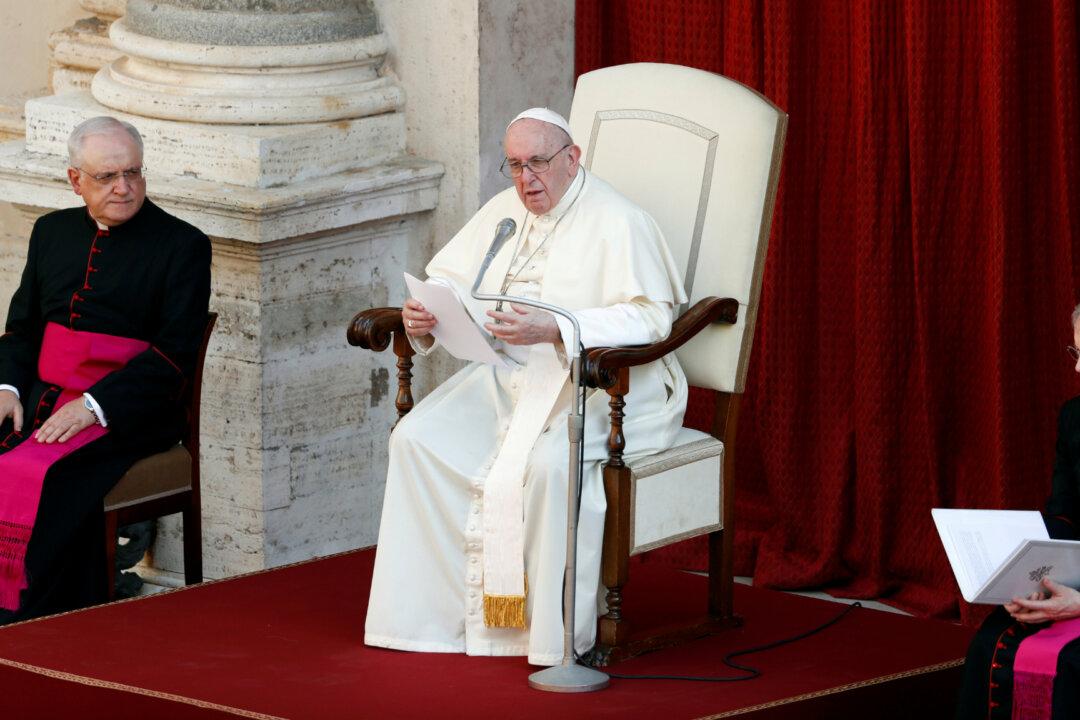The Vatican is in the process of renewing its deal signed two years ago with the Chinese Communist Party (CCP) that recognizes CCP-appointed bishops as legitimate but the deal emboldened the regime to persecute Catholics more than ever.
The agreement between The Holy See and China, set to expire in October, allows the Chinese regime to appoint China’s bishops and grants the Pope only veto power.





